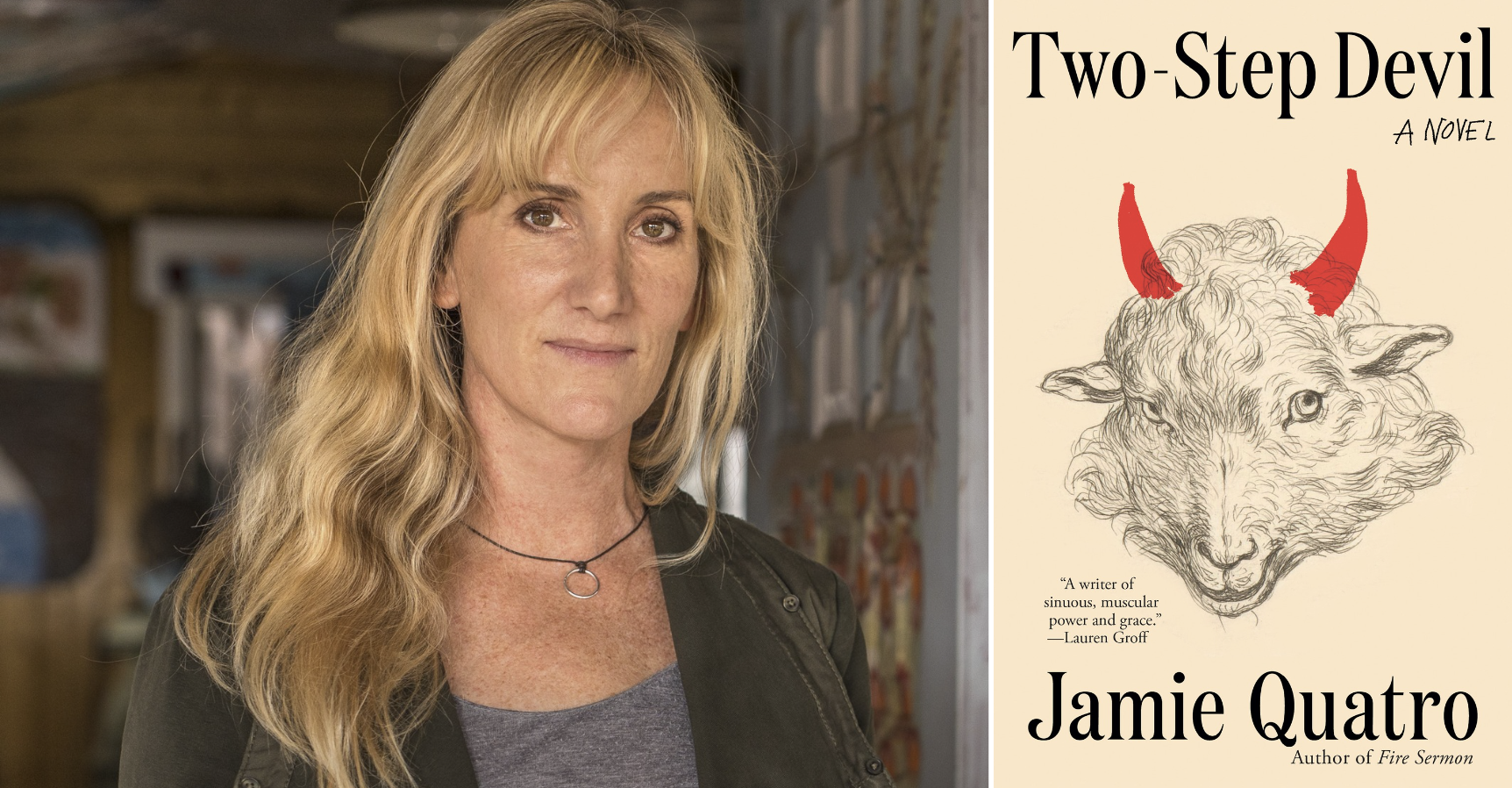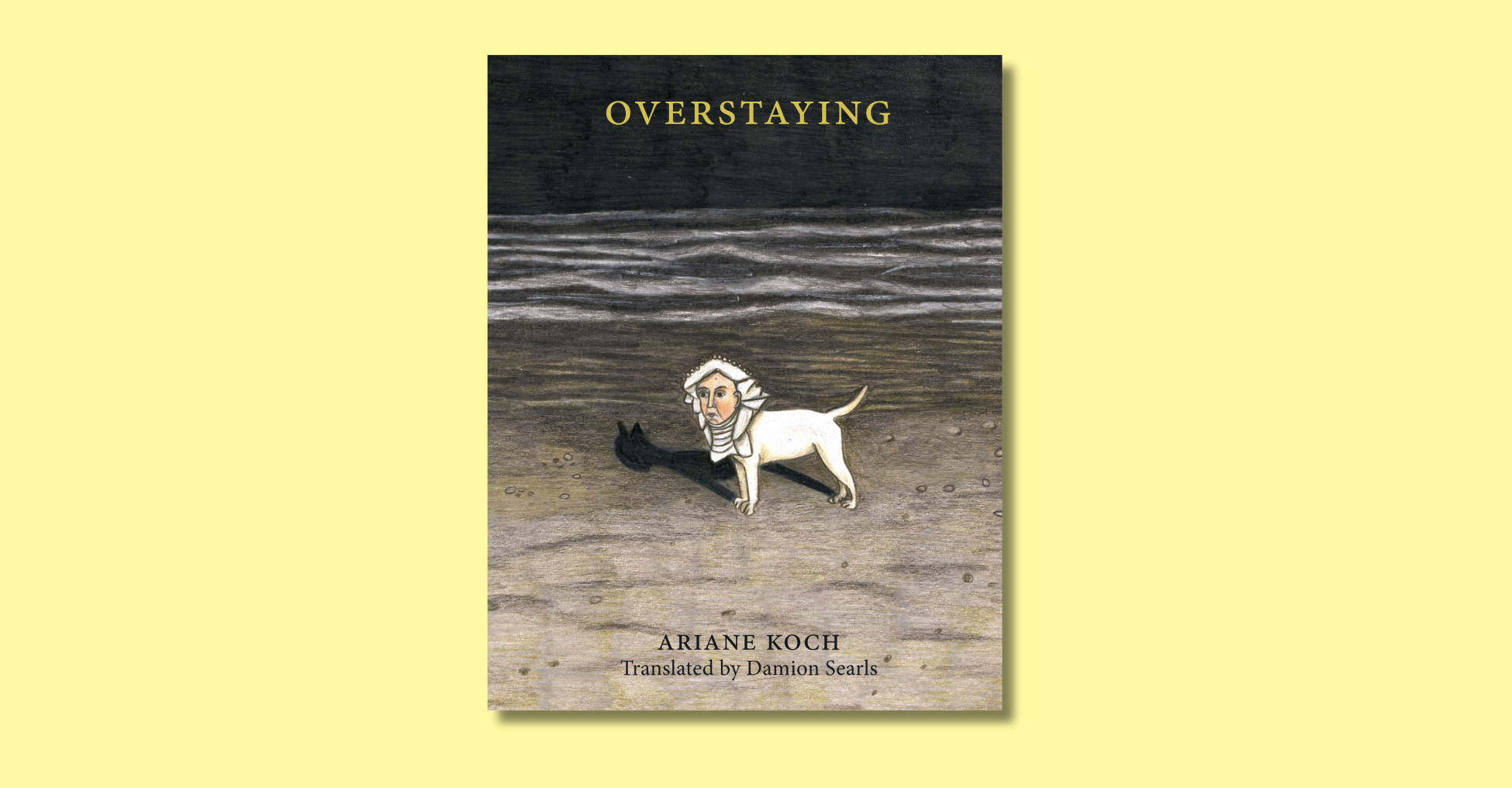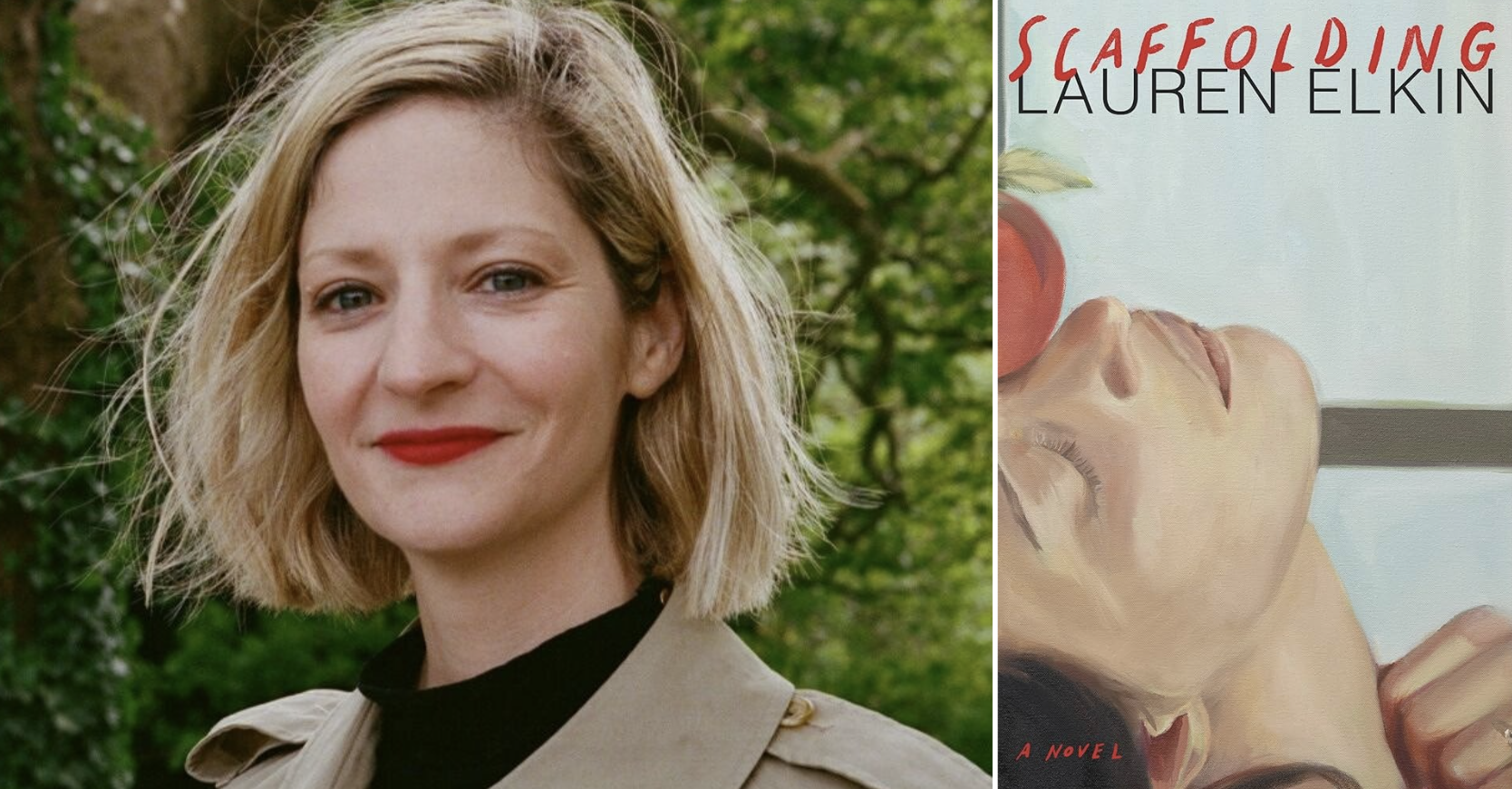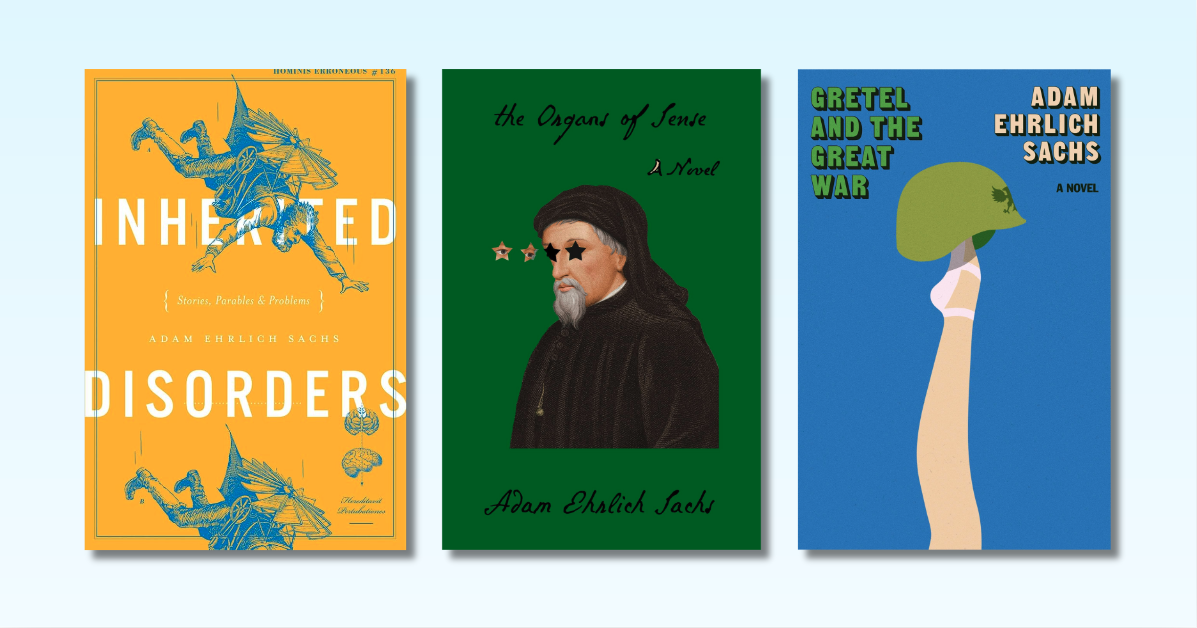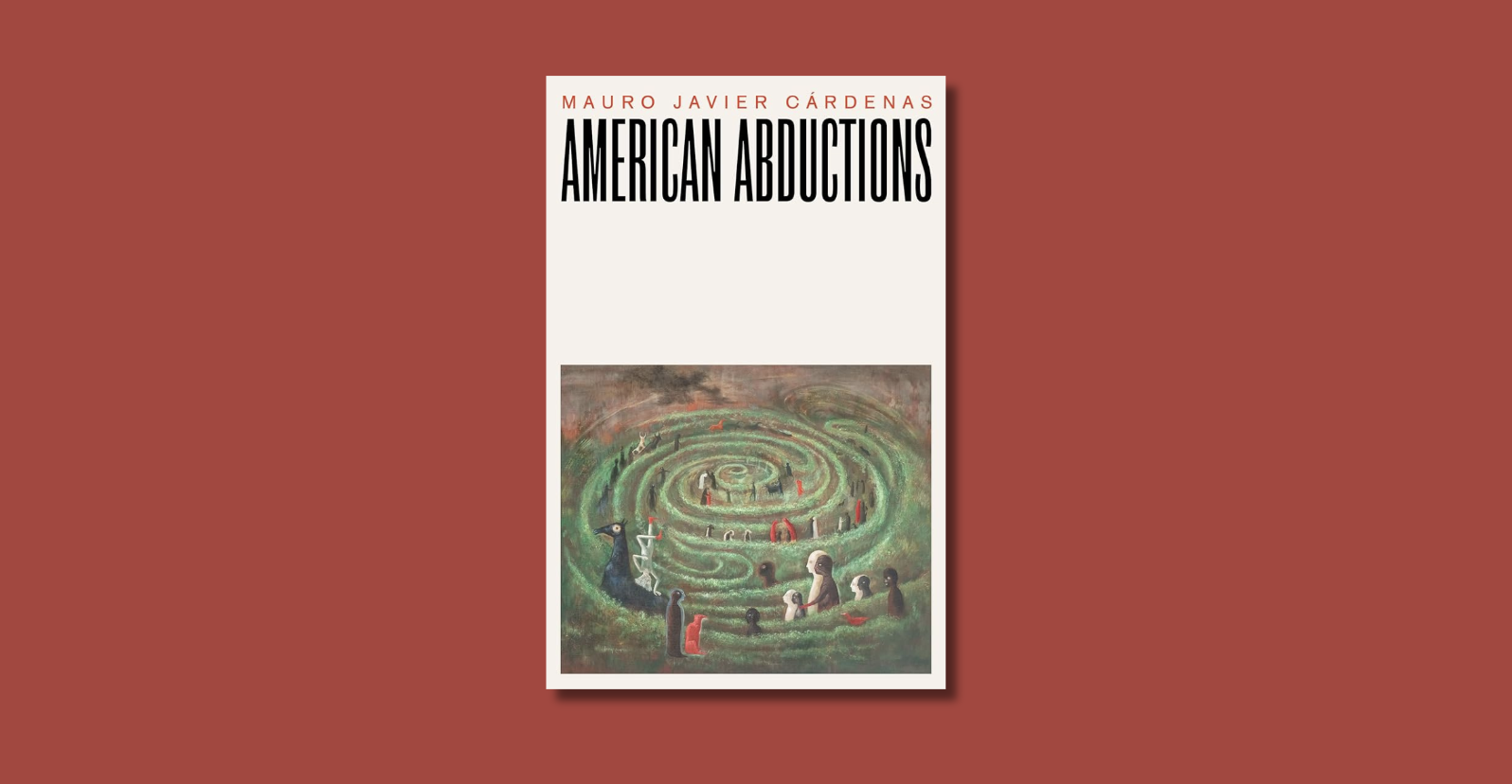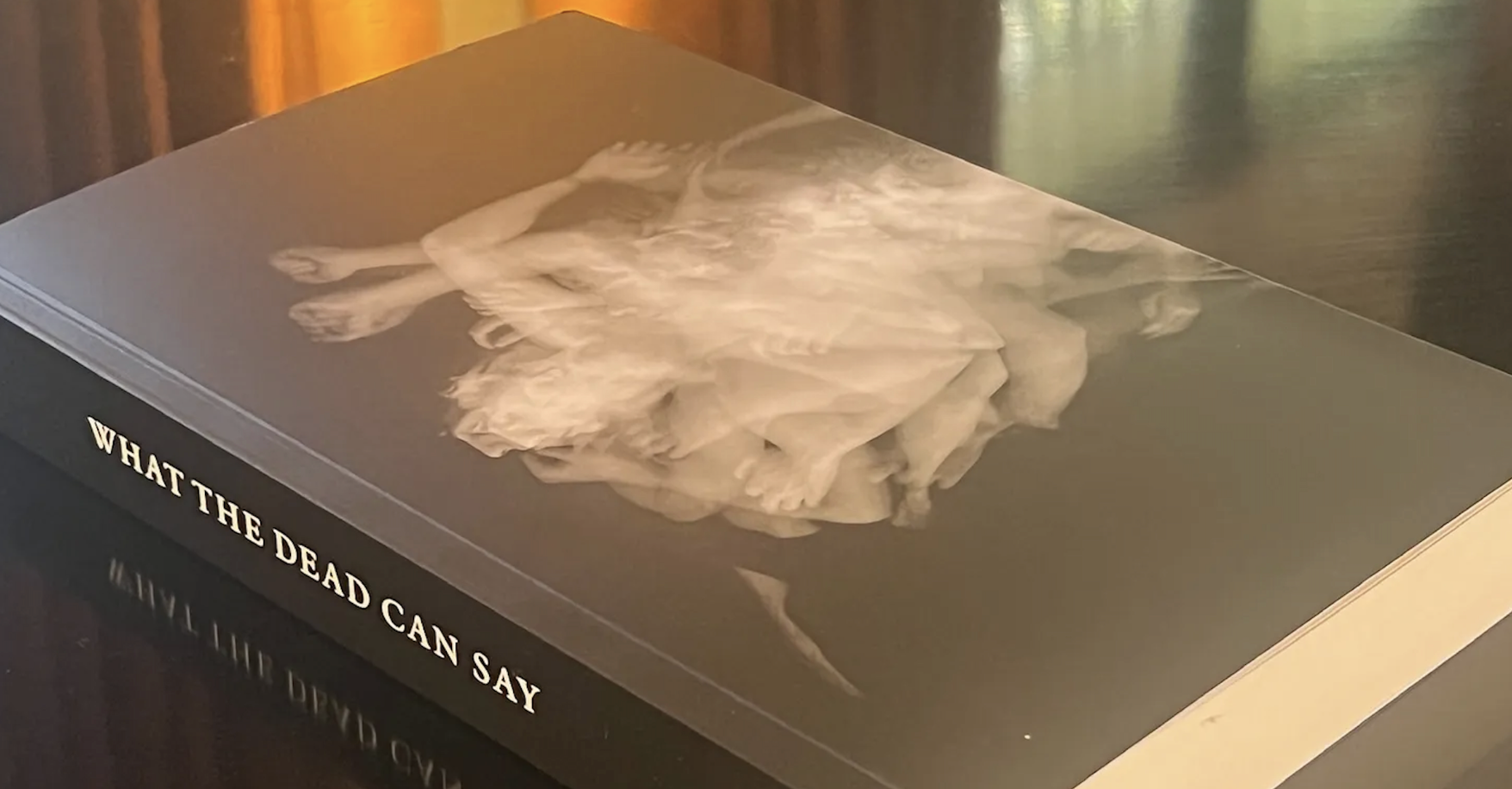One recent morning, my almost four year old daughter started crying out of the blue. I asked her what was wrong, and she wailed, “I don’t have a library card!” So with a proud paternal bibliophile’s heart swollen in my chest, I strapped her into her car seat and we set off for the library in search of a library card and—at her request—in search of Tintin books like those I’d told her were my favorite stories at the library when I was young.
We went first to the branch library in our end of town, a small, round building with walls almost entirely of glass. All those windows, and the books behind them, make it look pretty inviting, and we parked our car in the lot and I held my daughter’s hand as she skipped to the door, bubbling over with excitement. Unfortunately, it was closed; I’d known municipal budget cuts had reduced the hours of all library branches, but I’d thought that only meant it was closed on Fridays. Instead, it meant this branch—and all others, apart from the main library downtown—were open only a couple of hours four afternoons through the week. No mornings, no evenings, no weekends.
My daughter’s bubbling enthusiasm turned to tears outside that locked door, so I hustled her back to the car and drove to the main library as quickly as traffic and speed limits allowed. It was open, thank goodness, and we spent a long time exploring the children’s room, learning how to find “a book about astronauts” using the signs on the stacks and numbered shelves, and choosing other stories about dinosaurs, kids in school, and a penguin. We consulted the online catalogue, but the nearest Tintin books were a few towns away and would have to be requested for later (something the computers in the children’s room didn’t seem capable of doing, for whatever reason, unlike those in the adult section upstairs).
When we’d found enough books, my daughter strutted up to the circulation desk, stood on her tiptoes, and announced to the librarian, “I need a library card!”
The librarian, who must have been through this before, sighed and her face took on the look of someone who knows she’s about to disappoint a young patron. “Well,” she said, “here’s the rule. If a child is under five—and I know it seems kind of backwards—if a child is under five, she needs to be able to print her first and last name on this form.” She slid a small blue card in front of my daughter, and pointed to a narrow space for her name.
“She can write her name,” I said, “but maybe not small enough for that line.”
“I can do it,” my daughter said, so I got her a pencil and she did a great job writing her first name, Gretchen, but unfortunately those letters took up the whole space. We should have chosen a shorter name, I thought, as she got frustrated—understandably—and tried to print her last name, which she hasn’t practiced as much, in the margins of the card and ended up with a mess. “I can’t do it,” she said, her face melting.
“We’ll practice at home and try again soon,” I told her, while sliding my own library card onto the desk. The librarian gave us a couple of blank cards to practice with, and I drove home with a crestfallen face in the rearview. And she has practiced, with tongue-peeking determination, but she still can’t quite fit her name in that space so she still can’t quite get a library card.
Later in the day, I told my wife about what had happened, and she said, “It’s just like that girl who wanted your book.” I hadn’t made the connection myself, but a few weeks earlier I’d gone to Maine for a book tour event, a sidewalk signing for which I sat outside a bookstore and hand-sold my novel to passersby. I had some great conversations and lots of fun, and even sold a few books, but it’s the one that got away I’ll remember.
A young teenager—a tween, I suppose, but that label feels infantilizing—came down the sidewalk with two older women, and the eyeball on the front of my book drew her in as her companions kept walking. Her face lit up as she read the back cover, and she said, “This sounds good. Can I buy it?” At this point, though, her escorts had realized she wasn’t with them and had backtracked to my table.
Before I could answer her question, one of the women said, “I don’t know…”
“It’s okay, I have my own money,” the girl said, but the women with her shook their heads.
“Is it appropriate for a thirteen year old?” one of them asked, and I admit, it’s a question I hadn’t been asked before.
“I think so,” I told her. “It’s not graphic or violent or anything. I don’t think there’s any swearing.” But I should have played the “I’m a parent card” to increase my credibility, because apparently I wasn’t convincing. Or perhaps I should have borrowed Mitch Hedberg’s line that, “Every book is a children’s book if the kid can read!”
“We should ask your mother,” said the second woman, a note of finality in her stern voice. “Books are so… books are tricky. That’s something your mother needs to decide.”
“But I have my own money!” insisted the girl, her face as low as my daughter’s would be at the library later. “I can buy it myself.”
At that point, I would have given it to her for free, and I would have paid for any book she wanted in the whole store, just to keep her reading, but I had a feeling that offer would make it all worse. The decision had been made, and as the two woman turned and walked away up the sidewalk, the girl (a niece, perhaps?) took a last look at the cover, then gave a sad, apologetic look to me as I gave an equally sad, apologetic to her. Then she put the book down and dragged her feet up the sidewalk.
I don’t blame those two women any more than I blame the librarian. Their responsibility as guardians, whether they were aunts or family friends or much older sisters, is to watch out for the young person in their charge. Thirteen is a liminal moment between childhood and adulthood, so who am I to say what’s appropriate for someone that age, and for this particular thirteen year old I don’t know in the slightest. And let’s face it, there are probably lots of parents who’d worry about their son or daughter (or nephew or niece) buying a novel about a hermit who spends most of his story naked from a scruffy guy like me. That’s easy enough for me to accept. As my protagonist says, “if I saw myself bursting out of the woods, I might not offer help either.”
Yet I can’t help but remember that reading—both the careful selection of books and being given enough privacy to quietly read them myself—was among the first freedoms I had. Those early choices, and being trusted to make them, seem like foundational experiences now, decades later. That’s how my brothers and I found those Tintin stories, in fact, wandering the stacks of the library unhindered until we happened upon a whole box of Hergé’s books in a cardboard box on the very bottom shelf in the very back corner of the collection. They may have been stuck there as an afterthought or an embarrassment, forbidden from mingling with “better” books, but to me they were buried treasure. And now, as a father and author, I want my daughter to find treasures of her own in the stacks, and I want a girl like the one I met in Maine to find books that are hers, only hers, and to find them all on her own. I can’t think of a better honor than to have something I’ve written be that book for someone.
It’s a mistake to rarify reading and put books out of reach. It’s a mistake to assume, as Alan Jacobs did recently in the Chronicle of Higher Education (in a passage later quoted by Shelf Awareness), that readers are, “mostly born and only a little made.” Because those discoveries in libraries and bookstores—and, yes, on my parents’ shelves, too—are what made me a reader, not some mysterious, bibliogenic accident of birth. That kind of thinking not only makes fewer readers, but might unmake the ones already forming. In an era of reduced library budgets and hours, closing bookstores, declining sales, and lost readers, discouraging anyone, of any age, from picking up a book they’re interested in seems like the last thing we should be doing. And to the thirteen year old girl I met in Maine, if you should somehow read this, any time you want it my book is yours. I’ll throw in a few others you might enjoy, too.
Image credi: pexels/Lisa Fotios.


